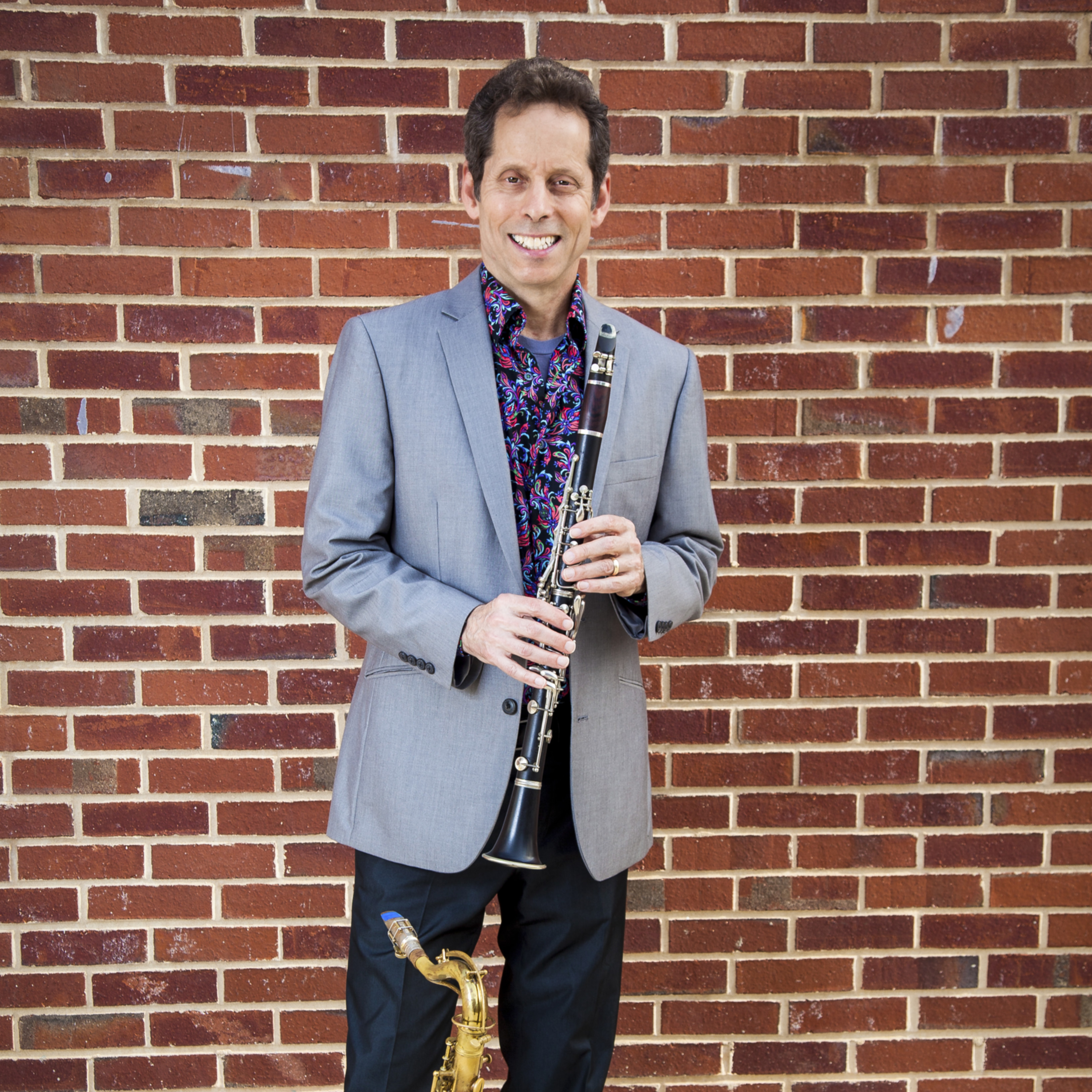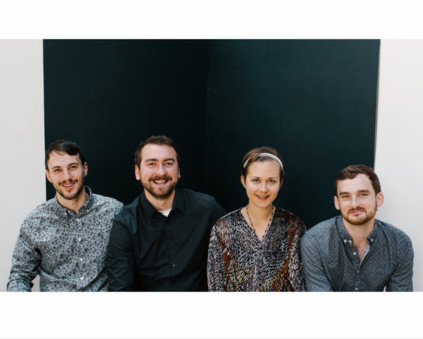20 Aug Gregg Gelb Jazz Quintet
When did you start the group?
It was started over 20 years ago.
How did the band form?
Kathy, my wife, sings in the group. Her dad was a very well known piano player, “Uncle Paul” Montgomery. I used to play with them and over the years, the quintet has had different people playing, so there wasn’t much of a static group as much as an interchangeable mix of musicians. Paul passed away a while ago, but we’ve got different people all the time. Often times, I use Steve Anderson on piano as well as my wife. I play the saxophone and the clarinet in the band. We also have a drummer and a bass player.
What do you like about performing?
I love to play and I love to play with a good group. I love to play good tunes, performing jazz standards. There’s so many great tunes, it’s nice to be able to play and being a jazz artist, improvisation is the essential thing and it’s so much fun to improvise. I love it!
Have you written any of your own compositions?
Yes, I’ve written a lot. The quintet will probably play them on Saturday, a few originals.
Does the band practice before performing or do you just wing it?
That’s a good question. Jazz musicians, for the most part, practice a lot on their own and we’re able to come together without practicing as a group because we all work individually on our music. Basically, everybody practices a lot and because of that, we come together and we play a repertoire everybody’s familiar with. We’ve played together for so long, it’s just a matter of saying, “let’s play this tune.” Boom. You know what I mean? It’s like second nature. It’s a very flexible group and not a formatted thing. It’s not like if you have an orchestra, then you’d have to rehearse. But with four or five people, you know, it’s really easy to say, “let’s play this tune.” And then everybody can improvise without there being any problems. So we can work it out on the spot and nobody would know in the audience. Nobody would ever know. It’s almost more spontaneous and better if we just say, “Okay, here’s the list we’re doing.” Boom. We’re going to have fun with it.
What challenges does the group face?
We want the audience to have a good time and to enjoy the music. There’s no challenge with us playing together, there’s the challenge – always – of entertaining the audience and getting them to listen. That’s the difficulty. But, we’re up to it and we try to make our presentation as good as possible so people really listen. People are not really used to focusing on music. That’s the hurtle we have to get over.
This year, Gregg Gelb was a recipient of the 2018 City of Raleigh Medal of Art.











